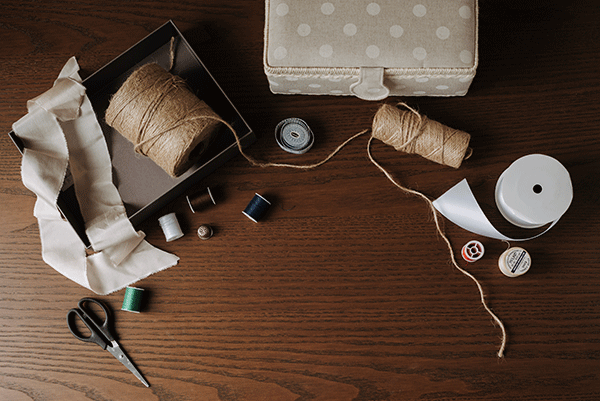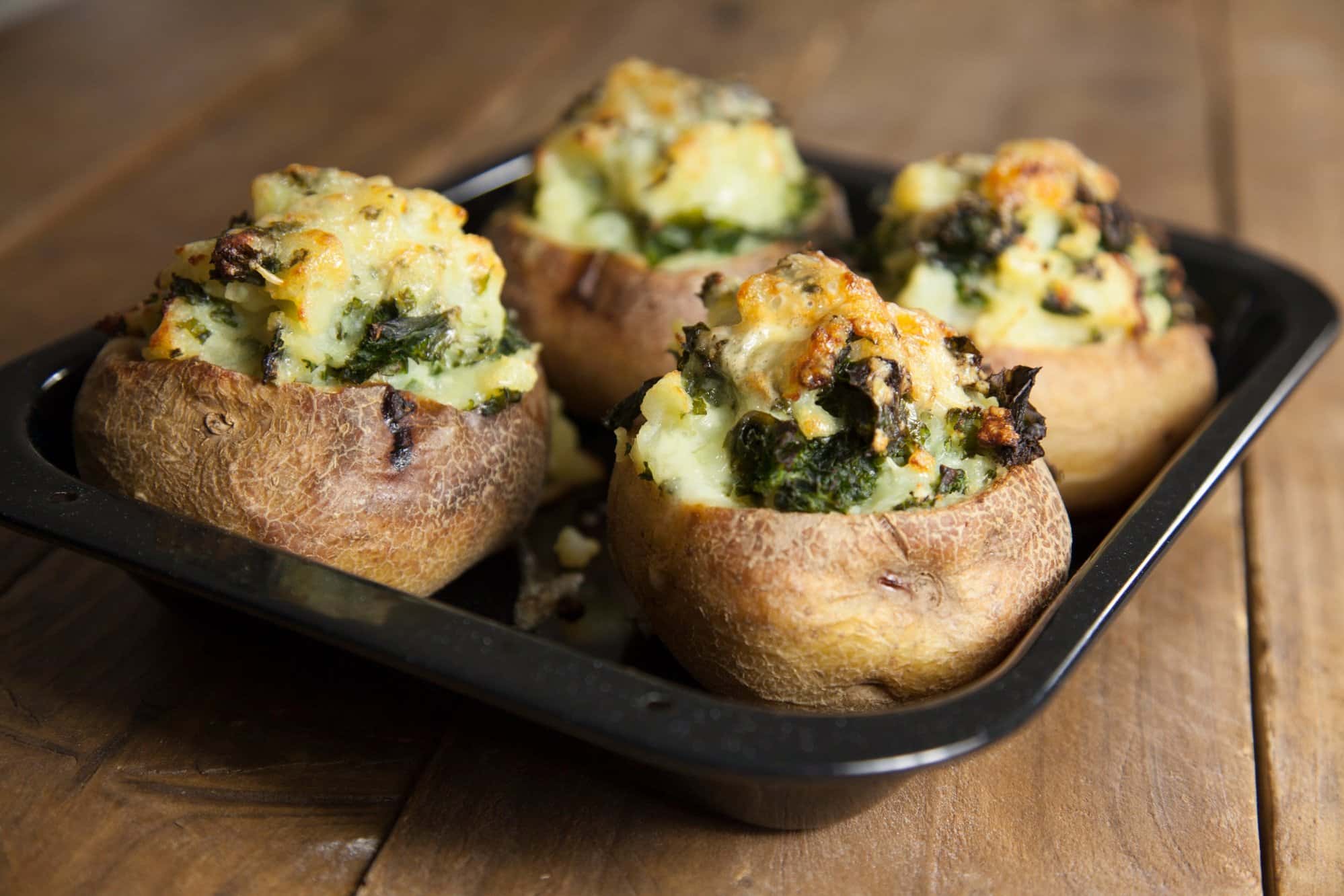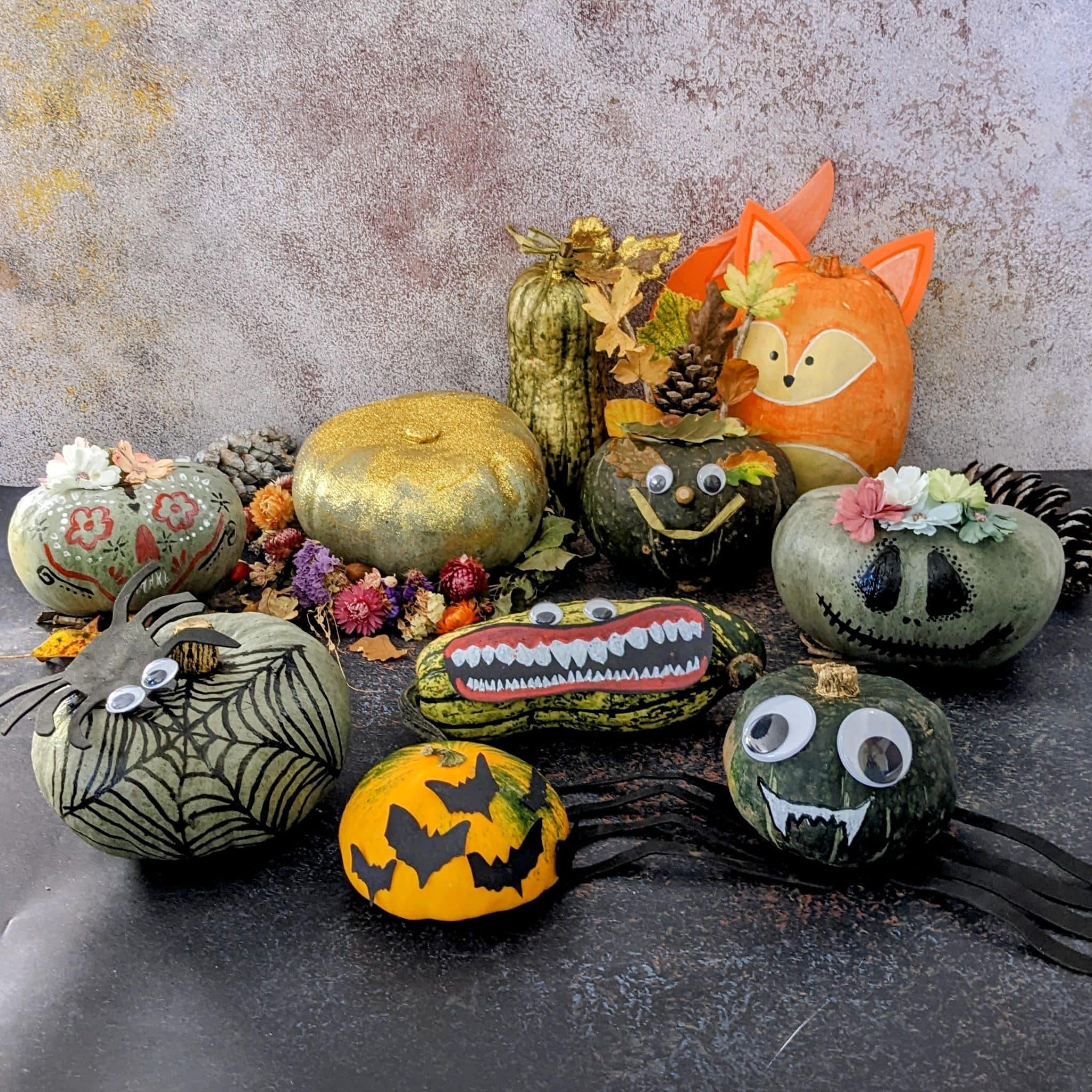With a tangle of everchanging rules around how we live, there seems to be a growing craving for simplicity plus an essential focus on how we manage both personal and collective resources.
Speaking recently to the BBC, Sir David Attenborough made a new statement linking the excess of capitalism to environmental destruction. “We are going to have to live more economically, and we can do that – I believe that we will do it more happily not less happily, and that the excesses that the capitalism has brought us have to be curbed somehow,” he said.
Less is more
Attenborough views the pandemic as “a wakeup call that we are not so much in charge, we need to adapt and work with nature. We can’t prosper without a healthy planet”. Summing it up, he said: “Ordinary people worldwide are beginning to realise that greed does not actually lead to joy” and called for a return to the simple joys and delights in life.
While this is a valuable lesson for global leaders to also move away from greed and competition to a new era of collaboration, this concept needs to extend from the political to the personal, in the way that our self-esteem is bound up with what we buy, do and wear. How freeing to let go of that even a little– during lockdown one surprisingly positive effect on some people’s mental health was the relief to live simply, not obsess about appearance, not compare ourselves with what others are doing.
It is empowering to live more simply
We are lucky to live in a place of abundance but how much do we actually need or use? How overwhelming or nourishing are our belongings? For lifelong environmentalist Satish Kumar the answer to climate change is the concept of elegant simplicity: living frugally, simply, and having things that you really use and not just accumulate and waste. “For me, elegant simplicity is a prerequisite for sustainability. And sustainability is a prerequisite to mitigating climate change,” Kumar told Wicked Leeks in an interview last year.

If you are interested in taking small steps on this path, here are our top tips:
1. Don’t buy – sell, declutter, donate
Commit to buying less and donate even a tiny part of your income to a charity you love for a feelgood factor. Sell your unwanted items, donate them to a local charity, or leave a ‘free – please take’ labelled box outside your house. For help with decluttering, authors like Madeleine Olivia offers a wealth of practical tips for simplifying down. Afterward, you will probably find you have much more than you thought, and rediscover loved items in the process.
2. Resist the impulse to buy
Find a way to curb impulse buying both online and in the shops – pause, distract, leave it for 24 hours – how important is it? Could you reuse, fix or upcycle something you already have? Overspending and the resulting debt are no fun. If you still have the urge buy, go charity shop bargain hunting or try an online store like Oxfam which has thousands of items. Not only is your purchase a great use of resources, the money goes to good causes.
3. Share, swap, learn
A recession means hardship but also brings creativity and resourcefulness as communities support each other. Pre-Covid, informal ‘repair shop’ groups were springing up, where you could take along items to be mended by volunteers keen to skill share. Now, you can learn how to make or do pretty much anything online from a new generation of makers, designers, home DIYers, bike fixers and clothes menders. Projects such as Share Shed in Devon are still running, a travelling library of objects you can loan – from a lawnmower to a sewing machine, and apps like Fat Llama are a way to rent items local to you.

4. Shift your attitude to clothes
Cheap fast fashion has fuelled a dramatic rise in clothing consumption. #PayUp co-founder and fashion activist Elizabeth Cline’s research found that in 1930, the average American woman owned nine outfits. Today, each will buy more than 60 pieces of new clothing on average per year.
Good on you has a free app to help you purchase ethically made clothes, and second hand now covers everything from your local charity shop to luxury label vendors Vestaire Collective. When you just need something for a one-off special occasion, loan clothes or accessories online instead – websites such as HURR and By Rotation are women’s wardrobe rental platforms that are aiming to rethink how we do fashion.
5. Buy well – buy once
Well-made items are more pleasurable, save us time in the long run, age beautifully and often the cost per wear or use is much lower over time. They can be passed on or resold when you no longer need or want them too. Seek out companies that manufacture in more sustainable ways and produce better objects that last longer. Forget about saving things ‘for best’ – enjoy the things you really love now.
6. Support ethical business
With anything we spend we are creating the world around us. Our buying power makes a difference so support positive business models – look for B Corps, employee owned businesses, local food cooperatives, zero waste shops and veg box schemes. Many companies also support projects that empower communities or regenerate the environment. Ethical Consumer magazine is a great resource.
7. Invest in yourself instead
We can begin to shop less, finding value and self-esteem in other ways, focusing on experiences not objects. Boredom and purposelessness are a huge driver for shopping, but we can focus on our wellbeing as an alternative. Instead of trawling round the shops getting hot and stressed, or scrolling online for hours, take up free activities that give you a strong base – relaxation, mindfulness, wild swimming , yoga, playing games, starting a journal, gardening, getting creative, being part of a community project; whatever feels nourishing. Finally, mindfulness writer Caspar Walsh suggests the simple act of just reminding yourself every day “I am enough, I have enough, I do enough”.












I fear it is more complicated than this article presents. Though I agree with everything mentioned, and read Small is Beautiful way back when, I now wonder at the first picture in the article, and whether those items will still be available if there are no market forces for manufacturing them. Good thread, particularly polyester thread, requires a massive investment in a long supply chain that, if unsupported, will disappear. Likewise, fine steel for those scissors and the manufacturing capability of forging and sharpening needed to make them does not happen in someone’s back yard. I don’t argue the need to simplify, I just don’t think it will be a holiday doing it.
Hi rogerW05465, totally agree that it is very complex and this article can only address some aspects of how we can live more simply. But the narrative around buying more constantly needs to change, and the way that money is distributed too. Small businesses are vital for providing work locally and keeping skills alive. I was a shoemaker for over a decade with the wonderful @green_shoes_uk and saw that increasingly as smaller suppliers that made or stocked all the hardware such as cast brass buckles, eyelets and thread went out of business, it became ever harder to source these components. Skills also vanish as well – engineers that can fix specialist machinery close, tanners who can provide leather tanned in an environmentally friendly way get harder to find, the knowledge that comes from smaller scale providers of tools who really know their stuff vanishes. This loss inhibits those who want to move into making, as without small businesses to buy their goods, as suppliers close and it gets harder for new start ups to get going. It was like an ecosystem with a delicate balance between big manufacturers and small; some big buyers are needed to keep items like thread being made in bulk, but if there are too many then small manufacturers have no trade. Mass production has its place, but our desire for cheapness, speed and uniformity over quality, longevity, provenance and beauty as consumers has caused huge damage environmentally and socially. Green Shoes are going strong – an inspiring ethical business who have trained many makers over the years, and give me much hope that they and other amazing craftspeople throughout the country are keeping these skills alive so that we can tread more lightly on the planet. Becky Blench
And if we carry on as we are, it won’t be a ‘holiday’. What’s left of the human race, particularly in parts of the word that are already suffering from the ‘worst excesses of capitalism’ will be struggling to survive. The pandemic should have taught us a lesson, as Attenborough says. But it seems that a lot of people simply don’t care or understand or don’t want to understand.
I don’t think the author is trying to suggest that we get rid of everything, polyester threads including.
But more of a general re-aligning/re-assessing of one’s priorities, and hopefully more reflection on what we need and maybe why we think we need it.
My housemate bought some plain white t shirts, and did some beautiful embroidery on them for gifts, this a great example of normal people adding value rather than letting the corporations do it for us, and lining their pockets in the process.
Can a more moderate capitalism exist, where we live more simply, or is this perhaps incompatible to the very nature of the free market system?